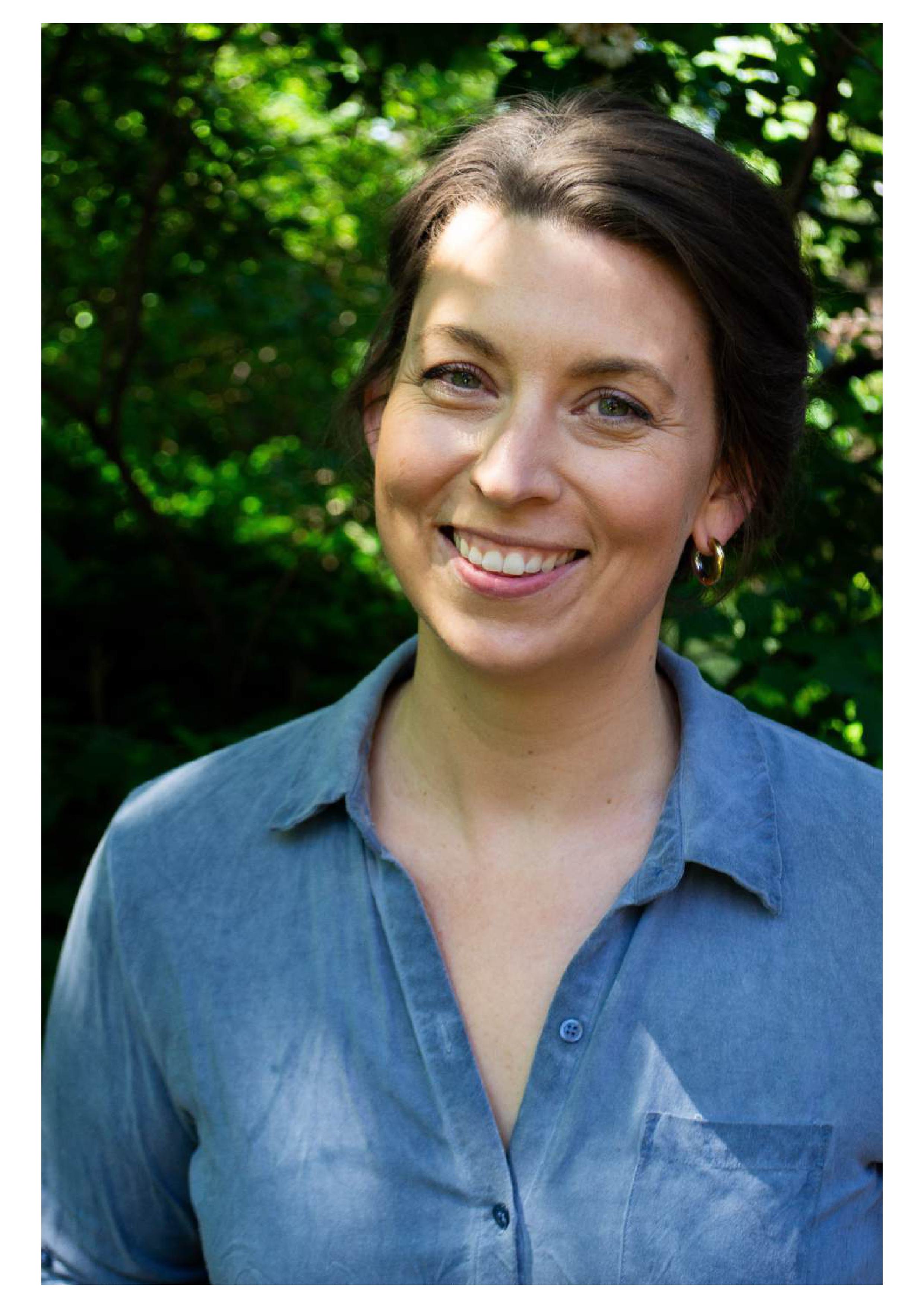BUILDING SCIENCE
Breanne Belitski—Alumni Environment Award
![]()
Breanne Belitski—Alumni Environment Award

About the Award
For overall achievement, contribution, and commitment to the Building Science Graduate Program.
Winning the 2024 Alumni Environment Award in Building Science is both an honor and a reminder of the passion that drives my work. My journey into building science began with a commitment to addressing the environmental impact of the built environment. I was drawn to Toronto Metropolitan University’s Building Science program for its innovative, hands-on approach to sustainable design. This program expanded my technical expertise, gave me invaluable professional connections, and strengthened my dedication to creating a more sustainable, low-carbon future.
Engaging with industry professionals throughout my studies led me to co-found the Toronto Circularity Network (TCN), a community dedicated to gathering individuals with diverse expertise to support collaborative efforts around circularity in Toronto. At TCN, our goal is to connect like-minded professionals and help them work together to advance circular practices that minimize waste and extend the life of materials within the city. Founding this network has allowed me to foster important conversations about sustainability and support impactful projects through a community-driven approach.
One of my most rewarding projects has been the development of the Holistic Life Cycle Emissions Reduction Framework. This framework was designed as a practical decision-making tool to help building designers assess the carbon impact of their choices early in the design process. Through a series of yes-or-no prompts, the framework considers operational and embodied carbon, durability, and circularity, encouraging more informed, low-carbon design choices. Collaboration with industry professionals was vital in developing and refining this framework; working with experienced architects and engineers, I ensured that the framework would be useful for real-world application. Together, we’ve taken steps to integrate this tool into projects where carbon impact decisions are complicated and challenging, helping to bring its principles into practice.
The broader goal of this framework is to support healthier, more resilient, and energy-efficient buildings that positively impact communities and mitigate climate change. Every decision we make today can extend a building’s lifespan, reduce resource consumption, and minimize its overall carbon footprint.
Through my research, I’m proud to contribute to a more sustainable future by advancing tools and practices that help turn the built environment into a force for environmental resilience. I am deeply grateful to Toronto Metropolitan University, as well as to my mentors and supervisors, Alex Lukachko and Mark Gorgolewski, who have been instrumental in my growth. Their guidance and insights have shaped my path and strengthened my commitment to sustainable building. This award is a testament to the support I’ve received and the work still to come. I look forward to continuing this journey, committed to creating low-carbon, sustainable buildings that contribute positively to both local and global environments.
For overall achievement, contribution, and commitment to the Building Science Graduate Program.
Winning the 2024 Alumni Environment Award in Building Science is both an honor and a reminder of the passion that drives my work. My journey into building science began with a commitment to addressing the environmental impact of the built environment. I was drawn to Toronto Metropolitan University’s Building Science program for its innovative, hands-on approach to sustainable design. This program expanded my technical expertise, gave me invaluable professional connections, and strengthened my dedication to creating a more sustainable, low-carbon future.
Engaging with industry professionals throughout my studies led me to co-found the Toronto Circularity Network (TCN), a community dedicated to gathering individuals with diverse expertise to support collaborative efforts around circularity in Toronto. At TCN, our goal is to connect like-minded professionals and help them work together to advance circular practices that minimize waste and extend the life of materials within the city. Founding this network has allowed me to foster important conversations about sustainability and support impactful projects through a community-driven approach.
One of my most rewarding projects has been the development of the Holistic Life Cycle Emissions Reduction Framework. This framework was designed as a practical decision-making tool to help building designers assess the carbon impact of their choices early in the design process. Through a series of yes-or-no prompts, the framework considers operational and embodied carbon, durability, and circularity, encouraging more informed, low-carbon design choices. Collaboration with industry professionals was vital in developing and refining this framework; working with experienced architects and engineers, I ensured that the framework would be useful for real-world application. Together, we’ve taken steps to integrate this tool into projects where carbon impact decisions are complicated and challenging, helping to bring its principles into practice.
The broader goal of this framework is to support healthier, more resilient, and energy-efficient buildings that positively impact communities and mitigate climate change. Every decision we make today can extend a building’s lifespan, reduce resource consumption, and minimize its overall carbon footprint.
Through my research, I’m proud to contribute to a more sustainable future by advancing tools and practices that help turn the built environment into a force for environmental resilience. I am deeply grateful to Toronto Metropolitan University, as well as to my mentors and supervisors, Alex Lukachko and Mark Gorgolewski, who have been instrumental in my growth. Their guidance and insights have shaped my path and strengthened my commitment to sustainable building. This award is a testament to the support I’ve received and the work still to come. I look forward to continuing this journey, committed to creating low-carbon, sustainable buildings that contribute positively to both local and global environments.



